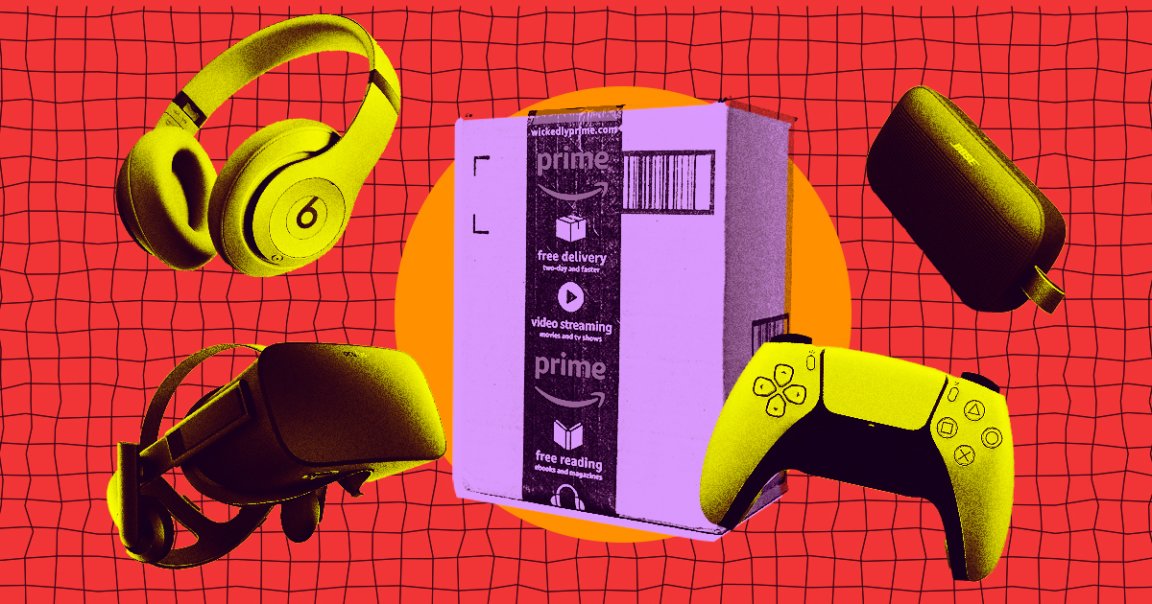
Rich Man’s Game
When it comes to scamming online retailers and getting free stuff, wealthy Gen Z and millennials are way ahead of the game.
Known as “digital shoplifting,” this newly-viral scheme involves, essentially, ordering products and lying to an e-retailer about never receiving them, often resulting in a refund for products you actually did receive. Hence: free stuff, via the magic of fraud — even if it is glaringly unethical.
Amazingly, it’s not even poor people doing it. In a new survey of Americans making more than $100,000 a year, the fraud prevention group Socure found that 55 percent of Gen Z-ers and 49 percent of millennials in that income bracket admitted to scamming websites by lying about never receiving the stuff they ordered.
Though the survey found that while one in eight Americans, admitted to this kind of scam regardless of age or income, wealthier and younger people seemed to do so more often. As Socure product management head Ori Snir told Fortune magazine, “there might be a link between those who better understand bank and merchant obligations to those that are taking advantage of them.”
In a TikTok video from last December, popular money vlogger Faares Quadri explained how to do this “secret Amazon hack,” though he couched it — wink-wink, nudge-nudge, it seems — by instructing viewers to only do so when their packages are legitimately delayed.
“I know your chat support is way more lenient when it comes to helping customers,” Qaudri said in his faux exchange with a live Amazon customer service staffer. “And 99 percent of the time when the package arrives, they won’t even ask you to send it back.”
No Pain, No Gain
While falsely claiming an item was never delivered is the most common route taken in this “hack,” others will simply dispute credit card charges or even say the purchase was made in error — but only after receiving the thing they wanted to order, of course.
This scam seems to be on the rise, Snir explained, because people have little to lose from doing it.
“The best-case scenario is that the person goes unpunished and gets away with it entirely, which often leads them to do it again,” the Socure product head said. “Another potential outcome is that their dispute gets denied and they ultimately still have to pay for their purchase.”
While ripping off big companies like Amazon or Walmart is relatively victimless — aside from slightly raising prices for everybody who plays by the rules, at least — Snir said that some emboldened scammers are taking their digital shoplifting prowess out on independent merchants as well, which seems really low.
For those small online shops that get caught up in this scheme, the Socure executive advised them to “fight back.”
“Gain evidence that the consumers themselves are making the purchase by collecting further information and use that to deny claims or chargebacks,” he told Fortune. “Doing so will help to prove that these purchases are legitimate.”
More on scams: Someone Invented a Fake Therapist and Got “Her” Quoted in Tons of News Articles